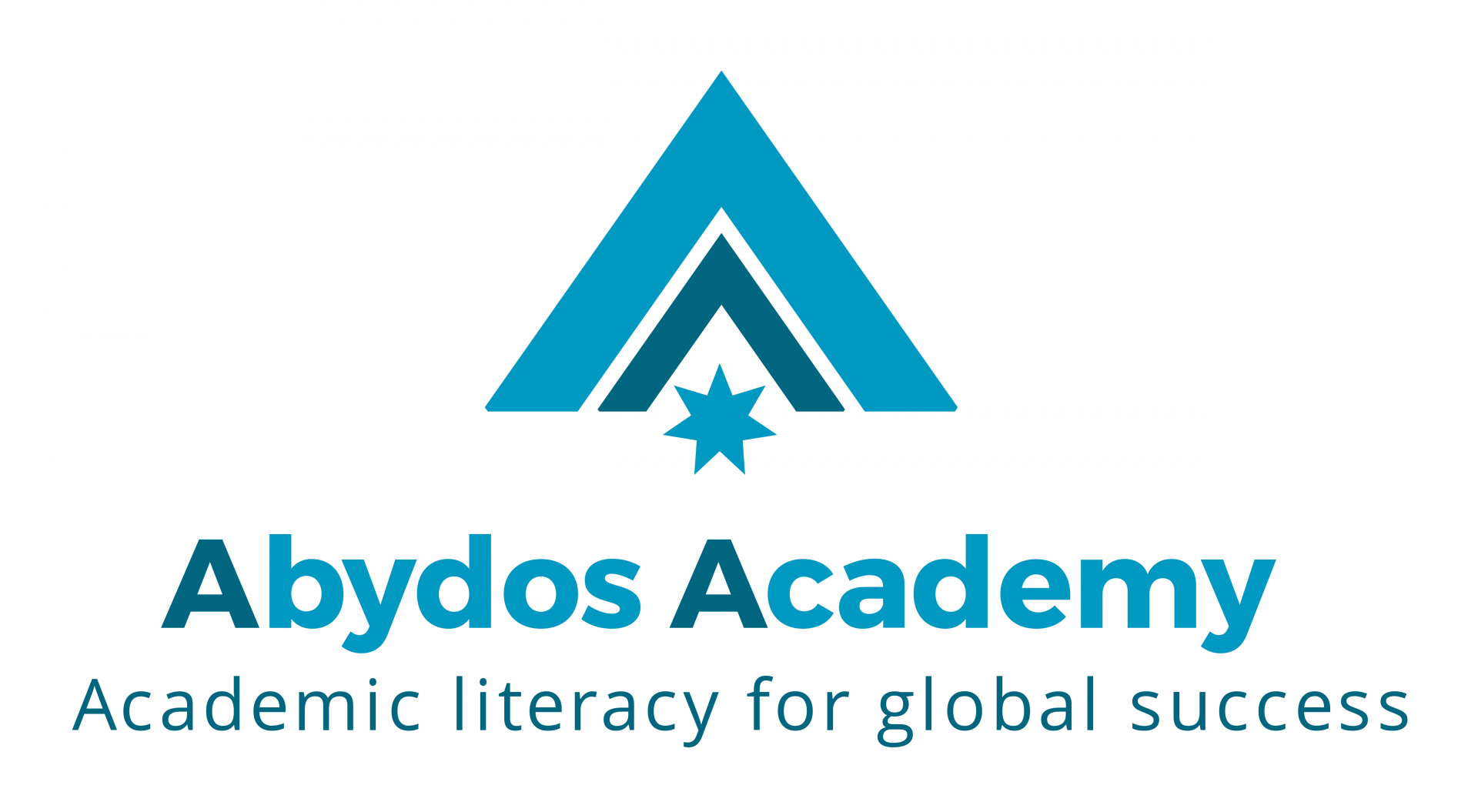Ace your exams - our top five tips
In the weeks leading up to exams, students around the world are busy studying and trying to figure out the best way to ace their tests. Although everyone has their own method of studying, there are a few general tips that can help everyone do well on their exams. In this article, we will share our five top tips for acing your exams.
Preparation: get organized
Practice makes perfect: do practice questions
The best way to get the most out of practice papers is by taking them under exam conditions. That means taking them in a quiet environment, with no distractions and ideally with a stopwatch. When you are done, take notes on how you did on each question and then compare those results to the performance of past students, if you have that information available to you.
Reading: develop a proficient reading strategy
Many students ask the question, "How can I improve my reading skills?" The answer: practice. But there are also some specific things that you can do to help develop a proficient reading strategy. One of those is to read aloud. Reading aloud helps you to better understand what you are reading because when you speak the words, they become more concrete. In addition, it is a wonderful way to focus and improve your reading comprehension.
Another helpful technique is to preview the text before you start reading it. This will give you an idea of what the passage is about and how it is organized. It will also help you to identify any difficult words or phrases so that you can focus on them while you are reading.
If you have not already, consider taking our Critical Reading module to learn how to read more effectively.
Memory: experiment with your mind
- You can try rhymes, songs, drawings, or acronyms that can help you recall information.
- You could write a little story with your notes. It might sound strange but writing a story that connects the key concepts of what you are studying can make it easier to remember the key details as well as make it fun!
- Record yourself! Try turning your study notes into a podcast - the process will be interesting and will help clarify things in your mind.
- If you cannot remember the details of a topic, using flashcards will help jog your memory. Create your own flashcards or choose an app to create your own electronic versions. The most effective way to use them is to create them as questions, then put the answer on the reverse. Test yourself or get a study partner to test you.
Test taking strategies: manage your time and stay calm
In an exam situation, it is paramount that you manage your time effectively and stay calm. Go in there with a 'game plan', knowing what you need to do and how much time you have available to do it. Sometimes, this might mean taking the exam in reverse. Alternatively, it might mean that you need to do a certain type of question first, then return to a more complex question. However, you work, you must follow the instructions on the exam paper and ensure you have enough time at the end to proofread your work.
Conclusion
Let us help you achieve your academic goals. create your free account today.


